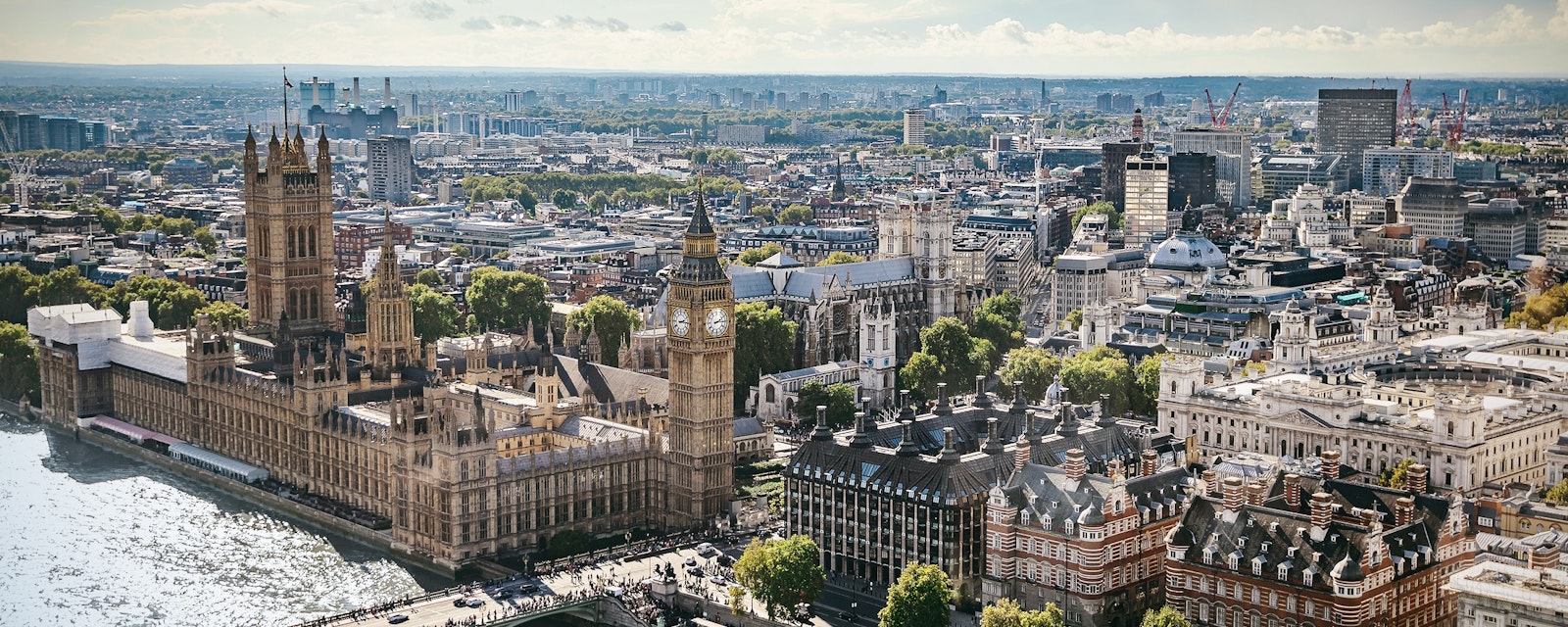Rishi Sunak MP will be the next Prime Minister of the United Kingdom, after the only other candidate remaining in the contest – Penny Mordaunt MP – withdrew shortly before the nomination deadline of 2 pm.
Mordaunt was widely viewed as not having the requisite number of MPs supporting her to progress to the indicative ballot of Conservative MPs. She pulled out of the race just as Sir Graham Brady, Chair of the 1922 Committee, was due to announce the outcome of the first phase of the contest. As a consequence, Brady confirmed that Sunak had been duly elected Leader of the Party – and consequently would be made PM – as the only confirmed nominee under the rules of the contest.
In a statement, Mordaunt said:
“Despite the compressed timetable for the leadership contest, it is clear that colleagues feel we need certainty today. They have taken this decision in good faith for the good of the country. "Members should know that this proposition has been fairly and thoroughly tested by the agreed 1922 process. "As a result, we have now chosen our next Prime Minister. This decision is a historic one and shows, once again, the diversity and talent of our party. Rishi has my full support.”
Giving a brief statement at Conservative Party Headquarters in London, Rishi Sunak warned of 'profound' economic challenges, pledged to serve with 'integrity and humility' and that he would work day in day out to "deliver for the British people."
Rishi Sunak will become the UK’s 57th Prime Minister aged just 42 – the youngest PM since the 2nd Earl of Liverpool in 1812. Sunak will also be the UK’s first British Asian Prime Minister. The current Prime Minister, Liz Truss, has already tweeted a message of congratulations to her successor. We expect to hear soon the formal plan for Truss to resign as Prime Minister and for Rishi Sunak to take the role in the audience of His Majesty the King.
The race narrowed to two late last night when Boris Johnson pulled out of the race, releasing a statement in which he said that ‘"…in the course of the last days I have sadly come to the conclusion that [running for leader] would simply not be the right thing to do. You can't govern effectively unless you have a united party in Parliament."
Rishi Sunak has been MP for Richmond (Yorkshire) since 2015. He was an early supporter of Brexit and was later made Chief Secretary to the Treasury in July 2019. Sunak became Chancellor in February 2020 amid the shock resignation of Sajid Javid MP. In July 2022, Sunak resigned as Chancellor just moments after Javid resigned as Health Secretary, amid a political scandal surrounding allegations made against Chris Pincher MP. Sunak’s resignation precipitated the events which led to Boris Johnson’s resignation as PM, and the subsequent contest in which Sunak lost in the Conservative Party member’s vote to Liz Truss.
Before his political career, Sunak worked for Goldman Sachs in the early 2000s and a hedge fund management firm, Children’s Investment Fund Management. He became a partner in September 2006, aged just 36, and later left to join colleagues in California at a new firm, Theleme Partners.
Sunak inherits a Conservative Party that is mostly united – for now – in recognition that the party cannot risk the instability which marked Liz Truss’ time in office. Indeed, addressing Conservative MPs a little earlier, Sunak is reported to have said: "We have one chance. It is unite or die."
But fractures remain, and Sunak’s authority is dependent on a mandate on which he stood in 2019 as an MP. That manifesto belongs to a different era – and the choices Sunak will have to make on the economy in particular will test what could prove to be a fragile settlement between the party’s members, MPs and the country at large. His agenda will be a narrow one, with a significant short-term focus on the economy, and measures to ameliorate the cost of living and inflation.
Another major choice for Sunak looms, in the form of the individuals he chooses to sit in his Cabinet. Under the current mood of a need for unity, he may wish to select MPs from across the various factions and tribes of the party in an attempt to ensure Government reflects disparate voices and opinions within the party. This would win him plaudits in the short term, but it would be politically challenging to keep a coalition of different outlooks in one Government. Alternatively, he may choose to reward those who have stood beside him across two leadership contest processes – and offer roles to prominent figures from the right who backed him over the weekend, as the Johnson campaign faltered.




